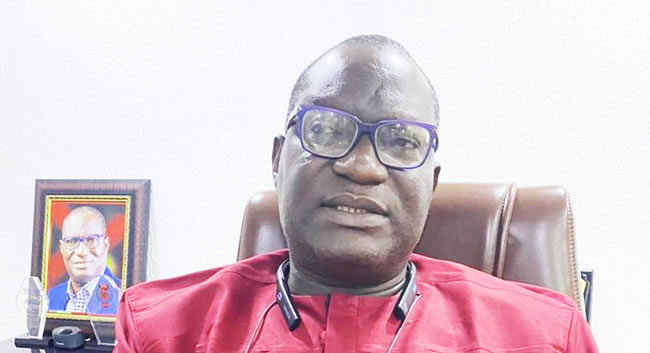

An industrialisation expert and Managing Director of Kresta Laurel, Engr. Dideolu Falobi, has emphasised that industrialisation is the key to transforming Nigeria’s economic base.
Falobi, who also serves as the President of the University of Lagos Faculty of Engineering Alumni Association, shared this in an interview with Tribune Online yesterday.

According to him, industrialisation, especially based on agriculture, would create significant employment opportunities.
He urged the Federal Government to take the lead in driving the industrialisation process, which would, in turn, encourage partnerships at the state, local government, and community levels.
Falobi noted that the government’s involvement would facilitate the establishment of industries, which could later be concessioned to the private sector within a few years for enhanced performance.
“The federal government needs to take the lead. Do a federal government, state government, local government, and community partnership that will deliver those industries, and in about five to ten years of running the industries, concession the management to the private sector. In four to five years’ time, take it to the stock exchange,” he said.
Falobi also highlighted key challenges to industrialisation, including the high cost of capital, corruption, and power supply issues, but stressed the importance of tackling these obstacles head-on.
“The big challenge to industrialisation today is the high cost of capital, corruption, and there are a lot of factors that inhibit the power problem and so on. However, we cannot stop progressing because of these challenges. We can only fight these challenges head-on,” he noted.
Speaking on employment, Falobi emphasised the multiplier effect of agro-allied industrialisation:
“When you industrialise on the basis of agro-allied products, you create employment in two sectors—direct employment in the industry and indirect employment by the industry.
“It has a big multiplier effect. It also means you would produce massive employment in the agricultural sector. One industry can turn around the life of a community.”
He also expressed scepticism about the concept of government non-involvement in business, warning that it could hinder progress.
“I am not sure the concept of ‘Government has no business in business’ will help us to move as quickly as we want to move,” he added.
READ MORE FROM: NIGERIAN TRIBUNE








